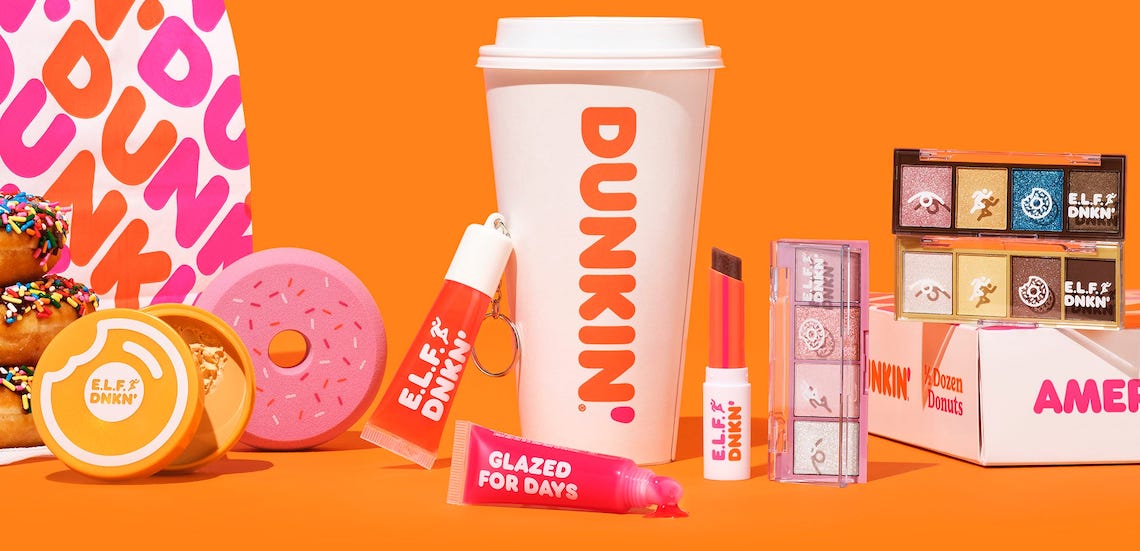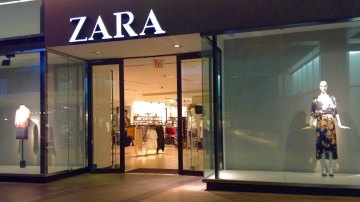Although public beauty companies continued to report quarterly and annual sales growth over the past two weeks, the macroeconomic pressures of inflation and Covid-19 ramifications mean that any growth is unanticipated.
For example, on Wednesday, E.l.f. Beauty delivered a better-than-expected fiscal fourth-quarter and year-end sales for 2022. In the fourth quarter, the company’s net sales increased 13% to $105.1 million, primarily driven by the strength of its national and international retailers. For the entire fiscal year, net sales increased by 23%. The company had expected a tough quarter compared to the significant sales growth during the same period in 2021, Tarang Amin, CEO of E.l.f Beauty, said in an interview with Glossy.
The current forecast for sales growth in 2023 is 10-12%, with growth expected across the company’s three brands, E.l.f. Cosmetics, Keys Soulcare and W3LL People.
Since the 2021 fiscal year, W3LL People expanded to Ulta Beauty, and Keys Soulcare saw its illuminating serum go viral online after its launch in February. (It subsequently sold out on the brand’s DTC e-commerce website.) E.l.f. Cosmetics has also continued its strong collaboration strategy to engage with consumers. For example, it came out with a collection with Dunkin’ Donuts at the end of March. Products like its Power Grip makeup primer and Glossy lips stains were also called out in the earnings call as innovations that drove sales.
“You can always count on E.l.f. to do the unexpected, whether it be our most recent collaboration, with Dunkin’ [Donuts], or [our activations] on TikTok and in gaming. [We’re] entertaining our community and keeping them engaged in this category,” said Amin.
E.l.f Beauty’s stock performance on the day following its earnings increased by over 11%, outperforming its pure player peers like The Beauty Health Company and Coty Inc. Both companies reported net sales growth in their mid-May earnings, but saw their stock drop nonetheless.
Retailers have also reported their fair share of beauty sales growth, despite their own overall sales growth issues. During the week of May 16, Kohl’s and Target reported their quarterly earnings. According to Kohl’s first-quarter 2022 earnings from May 19, its Sephora shop-in-shop program appears to be a runaway success. The initial 200 Sephora x Kohl’s stores experienced low single-digit comparable store sales growth year-over-year. Top-selling brands include Sephora Collection, Nars, Fenty Beauty, Charlotte Tilbury, Olaplex and Too Faced. This partnership has been a silver lining in an otherwise challenging and turbulent market, as Kohl’s overall year-over-year sales declined 5%.
“We’re also deliberately placing areas of discovery throughout the store to bring excitement to our customers, and we’ll continue to be agile and involved as we learn. Importantly, these [newly] transformed stores are working,” said Michael Gass, CEO of Kohl’s, on the earnings call.
The partnership will extend to another 400 Sephora at Kohl’s locations by early August. As a result, Kohl’s has been able to attract new, younger, more diverse customers, in addition to existing Sephora customers; Sephora customers are shopping nearly twice as often as Kohl’s average customer.
“As we hit critical mass later this summer, the 600 doors will have a material impact, enabling us to deliver a positive comp in the back half of the year,” said Gass.
Target reported its first-quarter 2022 earnings on May 18, noting that Ulta Beauty shop-in-shops have exceeded the retailer’s initial expectations, driving higher productivity and sales in beauty and adjacent categories. Since the first quarter of 2019, Target’s beauty sales have increased by more than 45%. However, the “vast majority” of that growth occurred before the rollout with Ulta Beauty, said Christina Hennington, evp and chief growth officer for Target, on the earnings call.
Ulta Beauty, meanwhile, reported on Thursday that in its first quarter of fiscal year 2022, its net sales increased 21% to $2.3 billion, compared to $1.9 billion at the same time last year, due to fewer Covid-19 restrictions that impacted sales. Comparable sales, which are sales for stores open at least 14 months and e-commerce sales, increased 18% year-over-year, driven by a 10% increase in transactions and a 7.3% increase in basket size.




